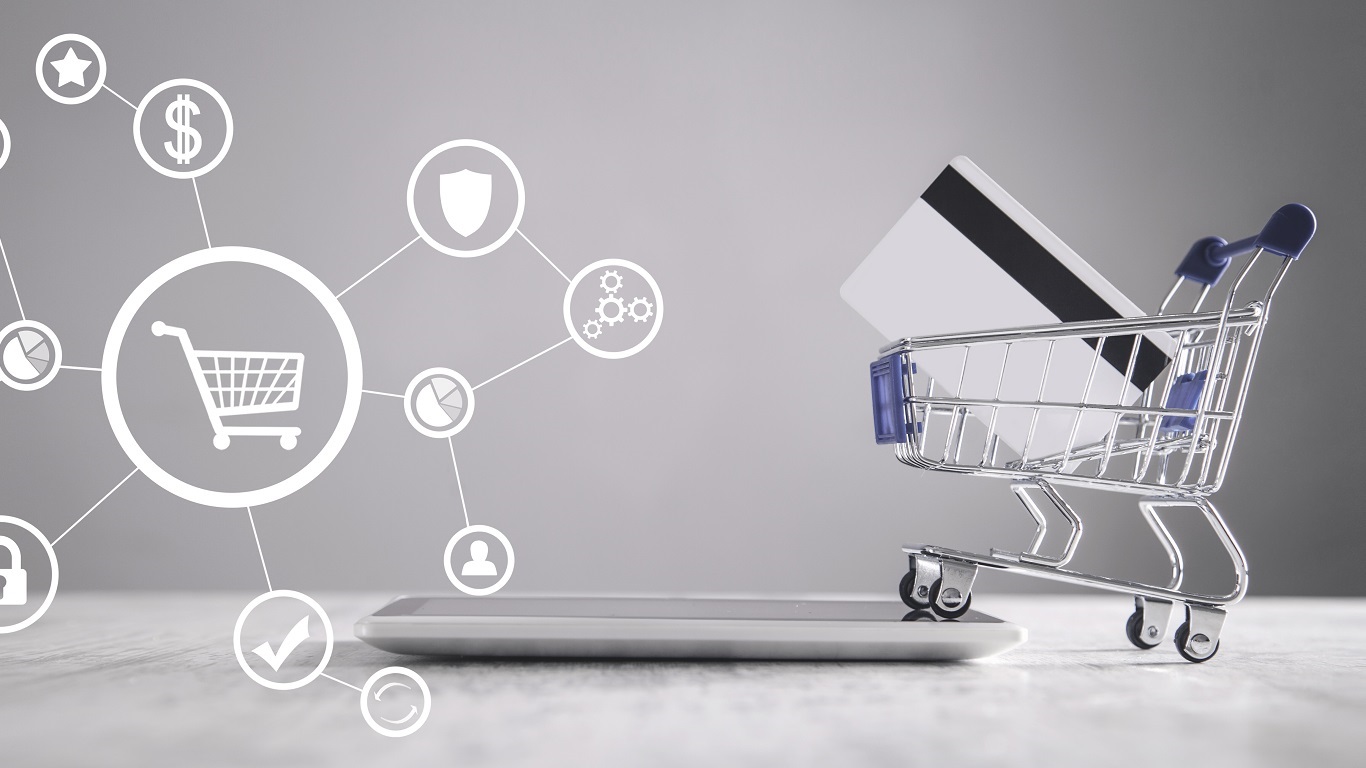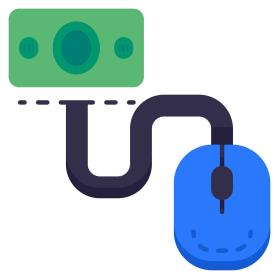eCommerce Payments
eCommerce Payment Methods
Credit cards are still the primary method of payment online by default - both domestically and internationally. However, preferences for payment method vary by country and geography so make sure to understand how and where purchases are being made online in your target markets. For example, we have seen wider use of ewallets and consumer accounts due to the perception from the local consumers of increased risk of transaction fraud with online card payments through payment gateways.
Accepting Online Payments
A payment gateway is a software set up as a part of your website to enable customers and other businesses to complete onsite transactions and is responsible for authorizing and processing payments and securely delivering payments to accounts. Payment gateways require merchant accounts, whereby the gateway authorizes the payment to the merchant account, and it is recommended you contact an Online Payments eCommerce Service Provider.
Payment Service Providers can help with payment gateways, shopping carts, VAT tax, and even foreign exchange rates.
eCommerce Payment Gateway vs Merchant Account
Merchant accounts and payment gateways are different services, but both are essential for ecommerce transactions and are often bundled together.
A merchant account is simply a bank account that allows you to accept payments from credit and debit cards. A merchant account serves the same function in a brick-and-mortar store as it does online.
Payment gateway software allows credit and debit card payments to take place securely and rapidly over the Internet from your site. Both a merchant account and a payment gateway are needed to make online payments.
What about online payment fraud-prevention?
Selling through cross-border ecommerce inherently raises your risks for fraud. It is important to go with a well-known cybersecurity service provider with a strong reputation for security, as overseas consumers need to feel their payments and transactions are secure.
Is a local legal entity required for payment processing?
Some overseas markets have established that in order to complete financial transactions, or conduct business altogether, you must establish your company in-market. This can be for multiple jurisdictional reasons, such as local tax revenue generation for example. Avoid a rigid one-size-fits-all approach towards entering overseas markets, and be adaptable to rule changes in the future, as with local legal entities. Talk to a Trade Specialist at the US Commercial Service today to learn more.
| Explore Our eCommerce Resources | Learn about the WGR Service for SEO | Read the eCommerce Frontline Library |
|---|

